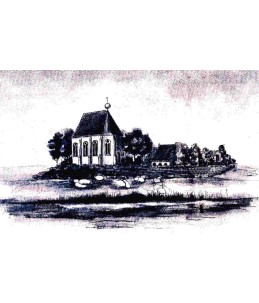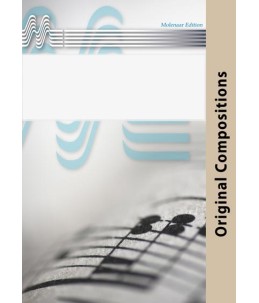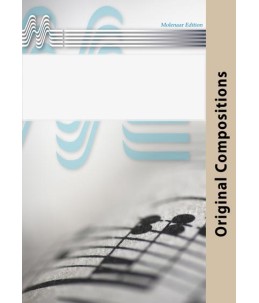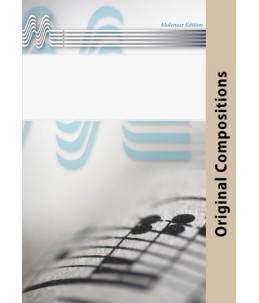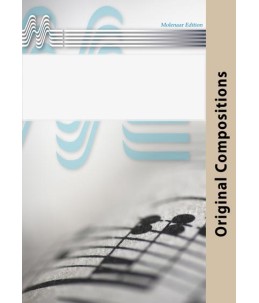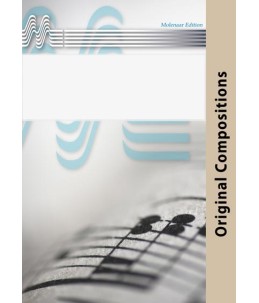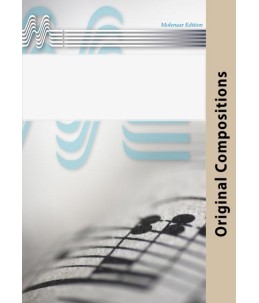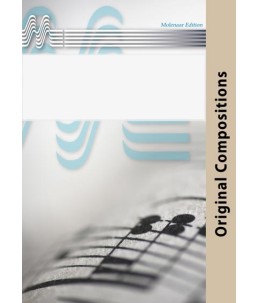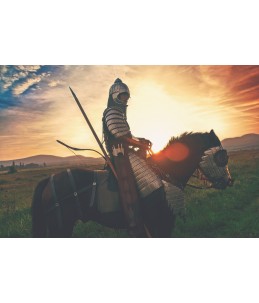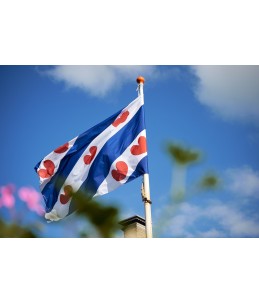
-
-
Wiener Philharmoniker...€119.00
Richard Strauss was on 11 June 1864 in München born and died on 8 September 1949 in Garmisch-Partenkirchen. The Wiener Philharmoniker Fanfare Strauss composed in 1924 on the occasion of the Ball der Wiener Philharmoniker. The work was dedicated to the Vienna Philharmonic and received its premiere in Vienna on March 4, 1924. The composition was written for 22 brass and 2 timpani.
-
-
-
-
-
-
-
On the Shoulders of...€81.75
De verbeelding van kinderen wordt niet beperkt door de werkelijkheid. Het ene moment kunnen ze een machtige draak zijn die hoog boven een berg vliegt, en het volgende moment besturen ze een auto op een racecircuit op de maan. Met dit korte maar krachtige stuk, geeft de componist het pure ontzag en het avontuurlijke gevoel weer dat jonge kinderen ervaren wanneer ze op de schouders van hun ouders zitten. Ze zijn klaar om elke uitdaging aan te gaan.
-
La Primavera€107.00
A festive paso-doble that the beginning of spring is celebrated. The lyrical trio gets a surprising turn and ends in a fast waltz!
-
Rewenich€120.00
The composition "Rewenich" tells the life story of 15th century knight Rienck Bockema, a story of conflict and reflection. The composition consists of five connected movements, each highlighting a phase in the life of Rienck Bockema ('Rewenich'). Bockema lived in Sneek at the Rodenburg manor (Nauwe Burgstraat). It soon became clear that Rienck Bokkema's world was bigger than Sneek. Because of his achievements during the battle against the Turks on Rhodes, he was knighted by King Edward III of England. When his wife Bott died suddenly, he went on a pilgrimage to Jerusalem for fear of guilt and eternal punishment. There he got a new holy mission: a crusade to Lithuania, where he fought at Grodno. After a turbulent time full of violence and battle, Rienck Bockema chose for contemplation. He founded a monastery near Sneek (the Thabor monastery) and became a monk. He spent the last period of his life in this monastery.
-
It Heitelân€79.00
Rob Goorhuis heet het lied 'It Heitelân' verwerkt in de fanfare compositie 'Yeleke'. Al snel bleek er ook behoefte te zijn naar een afzonderlijke bewerking van dit (officieuze) tweede volkslied van Friesland.
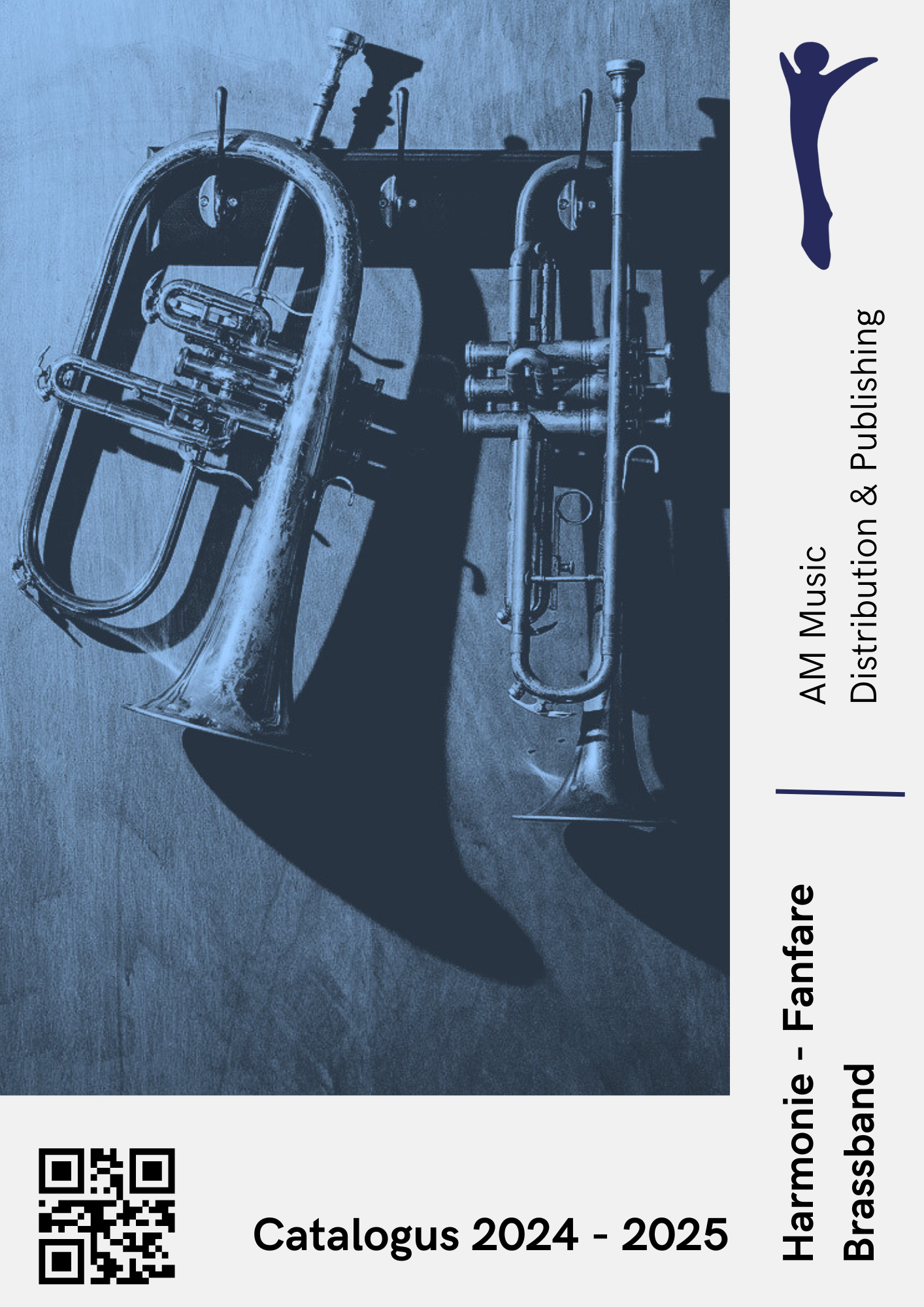
.png)
